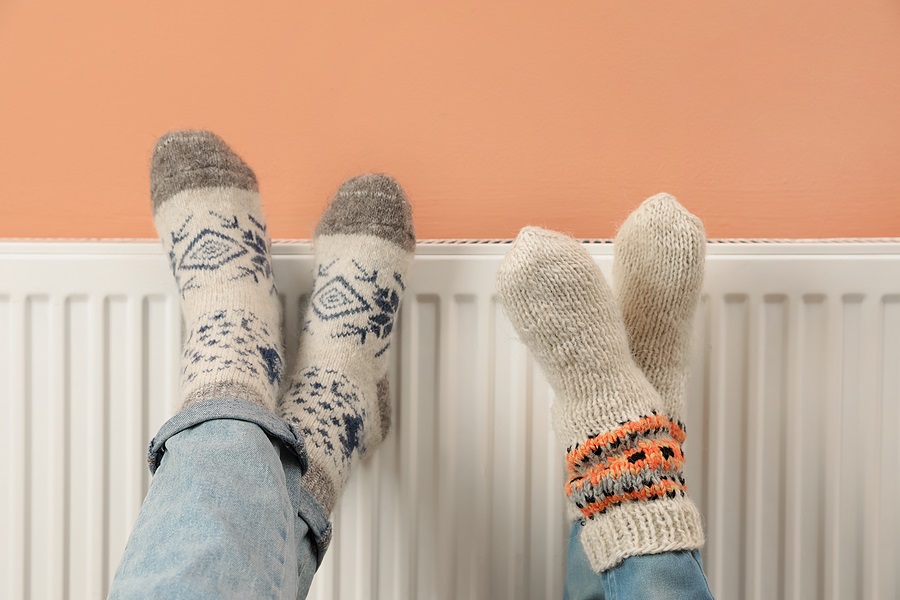
No matter the type of heating system you have – furnace, boiler or heat pump – you always want to be sure it is running properly. This system keep your home comfortable, and your family safe. Our systems are essential to preventing burst pipes and damaged plumbing, and keeping the indoor air quality of our living spaces healthy. A poorly running system can raise energy bills considerably, and puts you and your family at risk for dangerous hazards such as carbon monoxide poisoning and fire.
It is crucial to arrange a professional inspection of your heating system annually, but also as soon as you suspect something might be wrong. You will prevent these dangers, and also ensure you don’t have to live without heat.
But how do you know if you should be concerned? And when do you need to consider replacing your heating system versus having repairs completed? In this blog, we take a look at the top warning signs for when you should call in a professional heating technician.
When your heating system is in good operating condition it should run with minimal noise. Changes in operating noise can come from a variety of sources including broken components, build up or blockages in the air exchangers, or loose exhaust equipment. Because new and worsening noises from your heat can indicate very serious issues, you should have a professional look at it as soon as possible.
Well maintained systems should only run when they are needed. Once your home reaches the correct temperature on the thermostat, your heating system should stop blowing until a temperature change calls for more heat.
If your system seems to be running constantly, it may need a cleaning, have a failed compressor, be undersized for the demand of your house, or even have a worn out thermostat.
When you system is sized properly and in good operating order, you should be able to set it at the temperature you desire and be all set. If you are finding that you need to constantly adjust the heating settings to achieve the comfortable temperature you want, your heating system my need repairs or your thermostat may need to be replaced.
When heating systems get old or are not operating efficiently, they use more fuel. Your furnace needs to work harder to produce the same amount of heat. Even if you haven’t noticed more frequent cycling, if you see an increase in your heating costs, you may need repairs or more likely an upgrade to a new system.
Like older cars, there is a point of diminishing return when your heating system requires numerous repairs. Individual repairs are to be expected as a system ages, but if you are finding that you need more and more service and repairs over the last two years, then your system is on its last leg. It’s probably a good time to discuss replacement system options with your heating service company.
Our heating systems play an important role in the indoor air quality of our homes. If you notice dust blowing through your home or an increase in dust or soot collecting inside your home, your heating system is likely to blame. It needs a good cleaning and possibly other maintenance. Always have your heating system cleaned and inspected annually, and replace filters every month or so during heating season.
Unless you have a zoned heating system, the temperature from room to room in your house should be fairly consistent. If you notice dramatic temperature shifts when you walk through your house, your heating system and/or ductwork or registers may need cleaning or repairs. Your system could also be too small for the demands of your house.
Once a system passes the 12 – 15 year mark, it is getting time to consider a replacement system. Older systems are notoriously inefficient, increasing your heating costs. While you may not need to replace your system right away, using this as a benchmark for checking into replacement options gives you time to plan and save for a new system, instead of being caught off-guard with an emergency replacement.
If you notice any of the warning signs we’ve listed here, schedule an inspection with us as soon as possible. It is always best to catch things before they become emergencies, and we want to be sure your heating system is working properly, as efficiently as possible, and safely for you and your family!